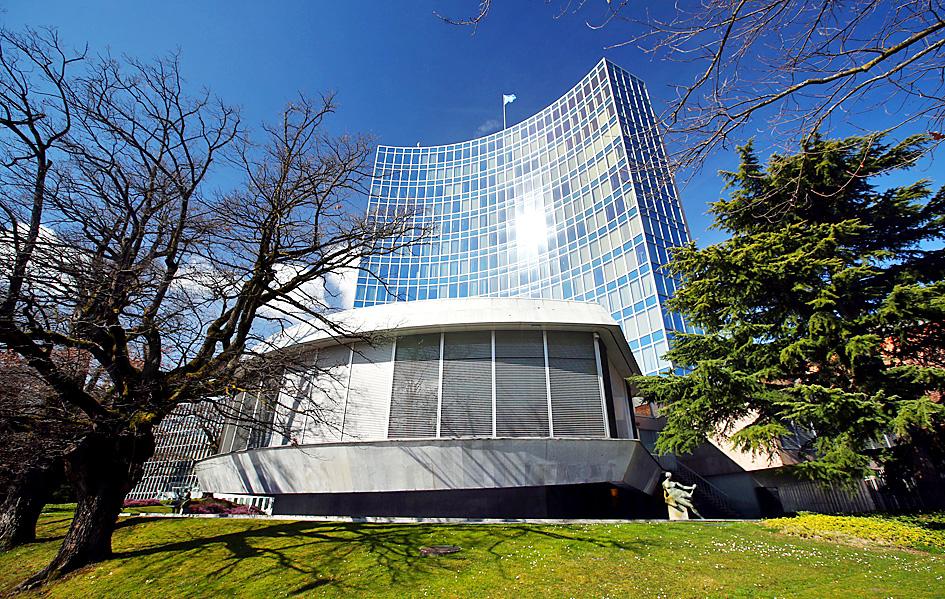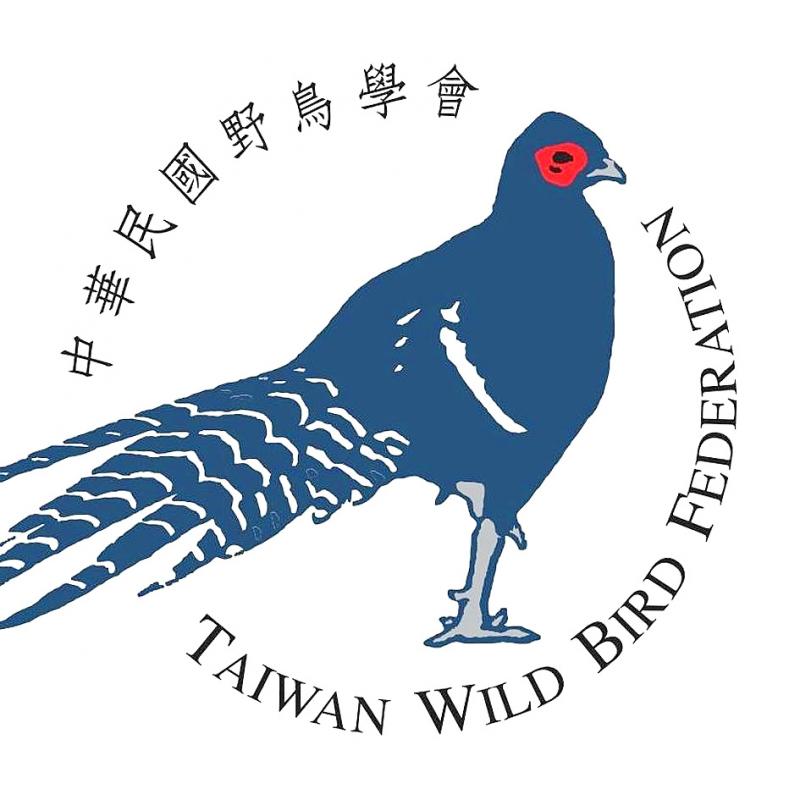Wikimedia Taiwan yesterday called on China to take responsibility for intellectual property (IP) issues after a Chinese delegation pressed the World Intellectual Property Organization (WIPO) to suspend a review of the Wikimedia Foundation’s application for observer status.
The WIPO is a UN specialized agency committed to developing a balanced and effective global IP system.
When its member states on Wednesday examined the foundation’s application for observer status, a Chinese delegate asked the assembly to suspend the discussion, non-governmental organization (NGO) Knowledge Ecology International (KEI) reported.

Photo: Reuters
“As of October 2015 this foundation had 41 recognized chapters and thematic organizations, one of which is Wikimedia Taiwan, established in the province of China,” the KEI quoted the Chinese delegate as saying. “There is reason to believe that this foundation has been carrying out political activities through its member organizations, which could undermine the state’s [China’s] sovereignty and territorial integrity, therefore, it is not fitting for the foundation to serve as an observer to this professional organization.”
The delegate asked the assembly to suspend discussion of Wikimedia Foundation’s application “before the foundation could further clarify such questions as member organizations and Taiwan related positions,” the KEI reported.
The Ministry of Foreign Affairs yesterday criticized the Chinese delegate.

Photo screen grab from the Taiwan Wild Bird Federation Facebook Page
The delegate is seeking to impose political censorship on the Wikimedia Foundation and override professionalism with politics, the ministry said.
The application was supported by the delegates from the UK and the US, showing that there are still “voices of justice” inside the global organization, ministry spokeswoman Joanne Ou (歐江安) said in a statement.
Reviewing NGOs’ applications for observer status is irrelevant to the so-called “one China” issue, Ou said, urging the WIPO to adopt a professional approach in examining the foundation’s application.
The WIPO should not become an agent of Chinese expansionism in global organizations or an accomplice in subduing NGOs, otherwise it would fall short of its goals of protecting global IP, she said.
Wikimedia Taiwan issued statements in Chinese and English.
The Wikimedia movement has demonstrated how open licenses encourage users to join hands to create an enormous, astonishing knowledge base, the statement said.
The “fact that our mere existence has become an excuse for a country to hold back a major global affair’s development is astonishingly ridiculous, especially for this to happen in a formal meeting of a UN organization,” it said.
Wikimedia Taiwan “is an independent and autonomous organization that works closely with Wikimedia Foundation,” it said.
However, Wikimedia’s relationship to the Wikimedia foundation is as a partner, not an affiliate, the statement said.
“We, Wikimedia Taiwan, have nothing to do with Wikimedia Foundation’s application to the WIPO,” it added.
“Furthermore, one of the Wikimedia Foundation’s platforms ... Chinese Wikipedia’s content was constantly under the threat of China’s piracy and various means that violat[e] Creative Commons’ public licensing,” it said.
If China wants to become a responsible country on IP issues, it first needs to face the issue directly and propose a solution, and not allow China to become a haven of piracy and play “politics on an international platform, blocking out people’s right to participate in the discussion,” the statement said.
In other developments, a Taiwanese bird monitoring group yesterday announced it has changed its name to the Taiwan Wild Bird Federation, while reiterating that it has never taken a political position.
The group, previously the Chinese Wild Bird Federation, this month became the latest front line in China’s efforts to assert sovereignty over Taiwan.
“We are conservationists, not political actors. In fact, it was BirdLife who asked us to take a political stance by insisting we sign an overtly political declaration and by describing us as a ‘risk,’ without ever clearly defining what that risk was,” it said, adding that it had refused to sign any political documents.
Cambridge-based conservation group BirdLife International cut ties with the federation over concerns that it was promoting Taiwanese independence.
The federation wrote on its Web site yesterday that BirdLife said it was committed to “follow UN positions and protocols on countries and territories” and to treating Taiwan, which it referred to as “Chinese Taiwan,” as part of China.
BirdLife, which said that it was responding to an internal risk review, demanded that the group stop using the name Republic of China (ROC), “and/or any other expression suggesting independence.”
It also asked it to formally commit not to advocate or promote in any way Taiwan’s independence or the legitimacy of the ROC.
BirdLife did not respond to several requests for comment.
Additional reporting by Reuters

CHAOS: Iranians took to the streets playing celebratory music after reports of Khamenei’s death on Saturday, while mourners also gathered in Tehran yesterday Iranian Supreme Leader Ayatollah Ali Khamenei was killed in a major attack on Iran launched by Israel and the US, throwing the future of the Islamic republic into doubt and raising the risk of regional instability. Iranian state television and the state-run IRNA news agency announced the 86-year-old’s death early yesterday. US President Donald Trump said it gave Iranians their “greatest chance” to “take back” their country. The announcements came after a joint US and Israeli aerial bombardment that targeted Iranian military and governmental sites. Trump said the “heavy and pinpoint bombing” would continue through the week or as long

TRUST: The KMT said it respected the US’ timing and considerations, and hoped it would continue to honor its commitments to helping Taiwan bolster its defenses and deterrence US President Donald Trump is delaying a multibillion-dollar arms sale to Taiwan to ensure his visit to Beijing is successful, a New York Times report said. The weapons sales package has stalled in the US Department of State, the report said, citing US officials it did not identify. The White House has told agencies not to push forward ahead of Trump’s meeting with Chinese President Xi Jinping (習近平), it said. The two last month held a phone call to discuss trade and geopolitical flashpoints ahead of the summit. Xi raised the Taiwan issue and urged the US to handle arms sales to

BIG SPENDERS: Foreign investors bought the most Taiwan equities since 2005, signaling confidence that an AI boom would continue to benefit chipmakers Taiwan Semiconductor Manufacturing Co’s (TSMC, 台積電) market capitalization swelled to US$2 trillion for the first time following a 4.25 percent rally in its American depositary receipts (ADR) overnight, putting the world’s biggest contract chipmaker sixth on the list of the world’s biggest companies by market capitalization, just behind Amazon.com Inc. The site CompaniesMarketcap.com ranked TSMC ahead of Saudi Aramco and Meta Platforms Inc. The Taiwanese company’s ADRs on Tuesday surged to US$385.75 on the New York Stock Exchange, as strong demand for artificial intelligence (AI) applications led to chip supply constraints and boost revenue growth to record-breaking levels. Each TSMC ADR represents

Pro-democracy media tycoon Jimmy Lai’s (黎智英) fraud conviction and prison sentence were yesterday overturned by a Hong Kong court, in a surprise legal decision that comes soon after Lai was jailed for 20 years on a separate national security charge. Judges Jeremy Poon (潘兆初), Anthea Pang (彭寶琴) and Derek Pang (彭偉昌) said in the judgement that they allowed the appeal from Lai, and another defendant in the case, to proceed, as a lower court judge had “erred.” “The Court of Appeal gave them leave to appeal against their conviction, allowed their appeals, quashed the convictions and set aside the sentences,” the judges